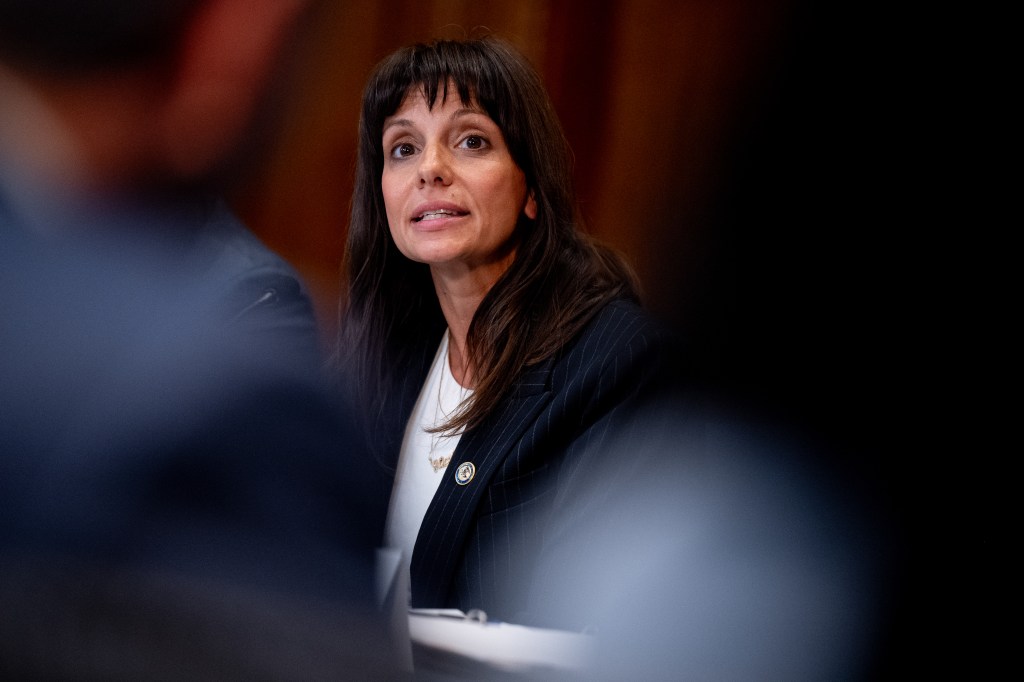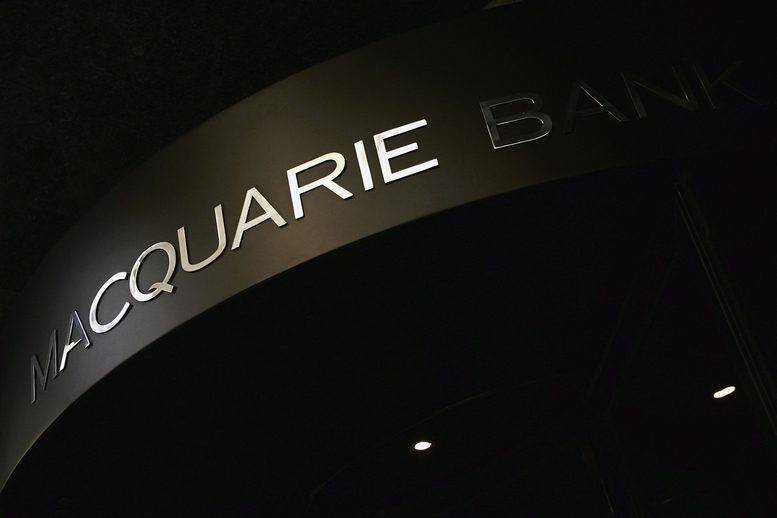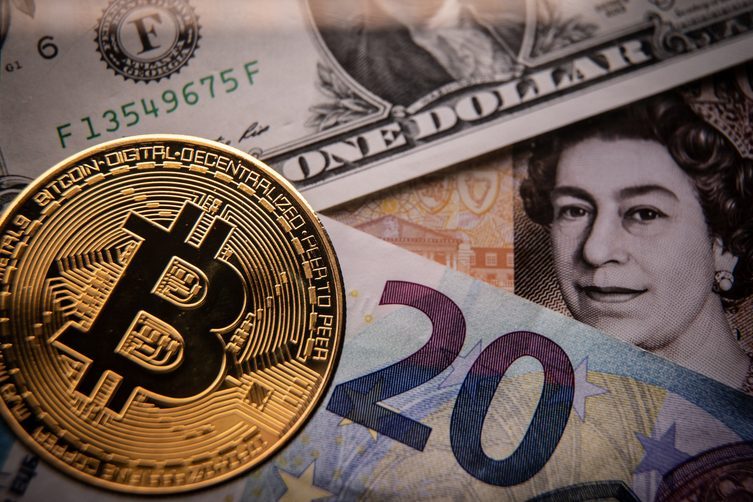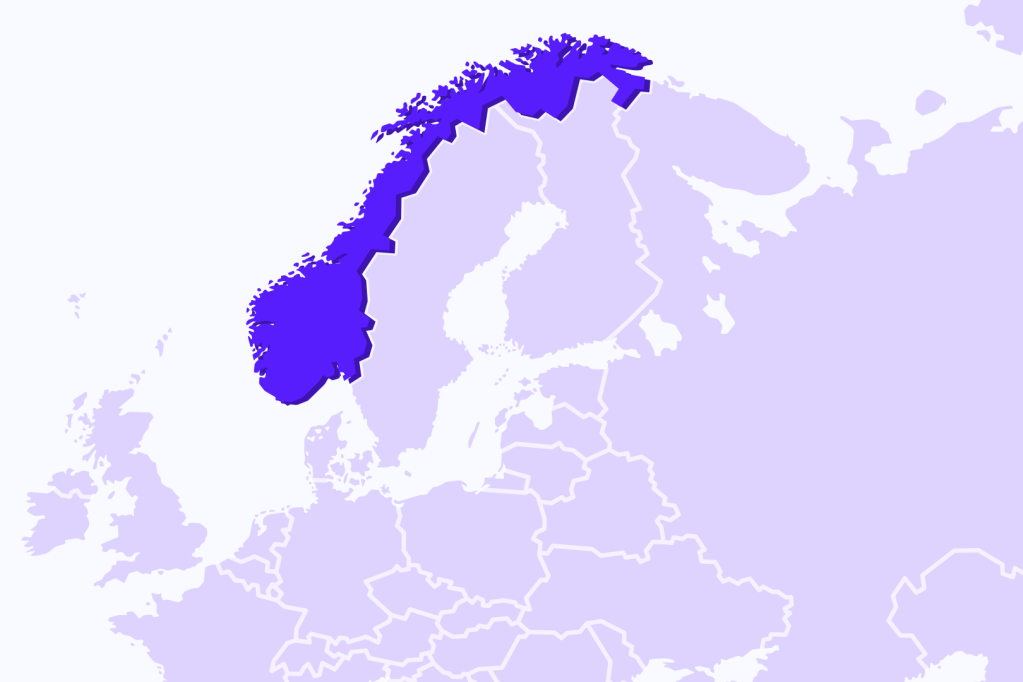The US Department of Justice (DOJ) just relaxed its approach to corporate criminal enforcement – which it has done before – and this time the agency is giving companies a bit more room for what counts as “self-disclosure” and “significant profit.” The goal, the DOJ said, was to further entice companies to step forward and admit legal violations, so those violations could be resolved more quickly.
The official announcing the latest changes was Nicole Argentieri, deputy assistant attorney general and head of the Criminal Division, who made the announcements quietly in a post to the DOJ’s blog.
Argentieri also provided a wide-ranging review of the Division’s Corporate Enforcement Policy (CEP) and discussed how several recent cases fit into the DOJ’s larger objectives for enforcing against corporate crime.
Not perfect self-disclosure
Argentieri said DOJ has expanded its view of what qualifies as voluntary self-disclosure of corporate misconduct so it now includes companies that at least made a good-faith effort to self-disclose but didn’t precisely meet the criteria outlined in the CEP.
Specifically, she said: “Where a company’s self-disclosure does not meet the definition of ‘voluntary self-disclosure’ as articulated in the CEP, but the company has demonstrated that it acted in good faith to self-report the misconduct – and that it fully cooperated and timely and appropriately remediated – prosecutors will consider the company’s self-disclosure in determining the appropriate resolution, including the appropriate form, the appropriate monetary penalty, and the length of the term of the agreement.”
So voluntary self-disclosure under the Corporate Enforcement Program can be less than perfect – or less than what is in the CEP’s definition. But what does this mean in practice?
Argentieri gave the example of Albemarle, the lithium producer that settled a sizable Foreign Corrupt Practices Act (FCPA) enforcement case with the DOJ and SEC in August 2023.
The company discovered FCPA violations in Vietnam and conducted a thorough internal investigation. But it didn’t disclose its violations to DOJ for 16 months, which was too long to be considered a “prompt” self-disclosure under the agency’s guidelines.
Albemarle was thereby ineligible for a declination to prosecute, even though the company did everything else extremely well – offering full cooperation and extraordinary remediation.
“We’ve made clear that we will award fine reductions not only to companies that recoup compensation from qualifying employees, but also to those that withhold the money from ever being paid in the first place.”
Nicole Argentieri, deputy assistant attorney general and head of the Criminal Division, DOJ
“Our revisions to the CEP now reflect our experience with Albemarle and reflect another incentive for companies to do the right thing,” Argentieri said. “Those that make good faith efforts to self-report, even if they do not qualify for a declination, could still receive substantial benefits.”
Albemarle’s decision to self-disclose, coming a bit late, admittedly, was still “factored heavily” into the department’s decision to award a 45% discount off the low end of the possible criminal penalty, Argentieri said. It was the biggest reduction ever given in an FCPA settlement, and near the maximum possible (50%) allowed under the CEP.
Significant profits as aggravating factor
Argentieri said DOJ also removed “significant profits” as one of the aggravating circumstances that would make a company ineligible for a declination even if that company did voluntarily self-disclose and meet all other criteria.
“We recognize that the amount of profits may not be known during the early stages of an investigation,” Argentieri said. “We don’t want companies to hesitate in coming forward out of fear that, down the line, we may determine that the amount of profits were significant. After all, even with a CEP declination, companies are required to disgorge their illicit profits, whatever they may be.”
(The whole idea of using profiting handsomely from the fruits of the crime as an aggravating factor was always a strange concept. After all, a company can profit in ways that go beyond the purely financial – and beyond what is immediately profitable – plus (as Argentieri noted) the Department typically will order disgorgement of illicit gains anyway.)
Clawbacks
Argentieri also brought up the DOJ’s pilot program on clawbacks of executive compensation.
This program was announced in March 2023 and was slated to last three years, requiring businesses’ incentive compensation systems to have compliance-promoting criteria as part of the DOJ’s corporate criminal resolutions. The idea behind it was to reward companies that employ compensation clawbacks or similar arrangements that shift the burden of corporate financial penalties away from shareholders – who frequently play no role in misconduct – onto those more directly responsible.
Specifically, the program offers a discount on the criminal penalties a company might incur as part of resolving a case; the more compensation you claw back from executives, the more you can deduct from the criminal penalties you’re supposed to pay.
Companies also receive more favorable resolutions if they include compliance-related criteria into their incentive compensation programs going forward after the case is resolved.
Argentieri said that prosecutors heard this criticism of the program: that some countries’ laws make it exceedingly difficult to claw back compensation that’s already been paid. To get around that challenge, she said: “We’ve made clear that we will award fine reductions not only to companies that recoup compensation from qualifying employees, but also to those that withhold the money from ever being paid in the first place.”
Noting that it’s the halfway mark in time with the pilot program, Argentieri said this: “In short, our Pilot Program has been a success.”
Why these changes now?
As noted in GRIP, the benefits of voluntary self-disclosure have been debated by industry professionals, with a decent number of them questioning the perks of promptly disclosing when it might not be deemed perfect enough – and when the business can stay quiet, remediate whatever issues are spotted, and hope agency officials never hear about the violations.
These new CEP tweaks are likely the result of learning of this shift in thinking and its attempt to bring those institutions back toward self-disclosing violations. And it is likely influenced by the fact that new leadership at the DOJ could also soften these CEP self-disclosure requirements, so it’s better to get in front of it and start the process under the current regime.
Bringing the goalposts down a bit for businesses to have a better chance of achieving the objectives of the CEP, and doing it in a way that takes into account what prosecutors have heard from industry participants, was a smooth move at this juncture for Merrick Garland’s DOJ – and, on an individual level, for his tireless deputy at the massive law enforcement agency, Argentieri.
















